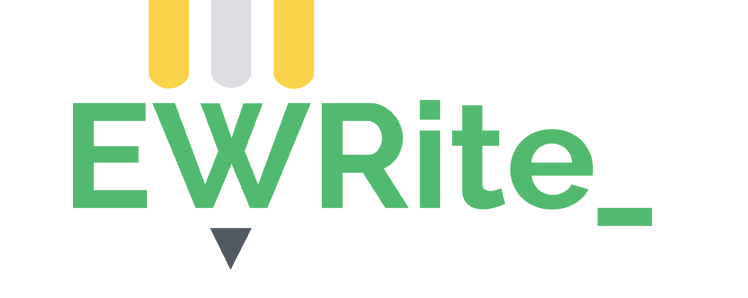4. Writing the introduction
It is important that the reader finds out more about the book, the question addressed, and your stance in the introduction. An effective introduction to an analytical book review should include these three moves.
|
Introduction section |
Content |
|
Introduce topic/question
Provide background information about the book
Thesis statement |
Explain
why it is worthy of attention In addition to basic info about the book (author, date published), make a link between it and the topic/question
Present your stance on the topic/question |
Introduction example
The following is an introduction to an analytical book review on the novel llusions, by Richard Bach. Notice how the three moves are realized.
|
The conflict between conformity to social expectations and individual self-expression is a common theme in global literature. This is partly due to the unique personalities of many writers, who often do not follow societal conventions (Thatcher, 2018). The theme’s popularity also reflects readers’ own struggles with managing the expectations of others, including loved ones, while trying to live their own lives. In Illusions: The Adventures of a Reluctant Messiah, first published in the U.S. in 1977, the novelist Richard Bach introduces readers to two characters, Donald Shimoda and Richard, who meet while both are flying around the U.S. giving flights in small planes to local citizens. At first glance, they have equally abandoned social norms and are living in pure self-expression. However, upon more careful reading, it is clear that Donald Shimoda has gone much further in rejecting the accepted “rules” of behaviour that modern society demands. This paper argues that Shimoda’s approach to individual self-expression is too extreme, and that some compromise with social norms, and the people who follow them, is necessary for a more harmonious and caring life. |
Introduction of topic
Background of book and link to topic
Thesis statement with stance |
About this website
EWRite is an open access online literacy platform for PolyU community that has two major objectives:
- to support PolyU students’ literacy development within and across the disciplines
- to support subject and language teachers to implement system-level measures for integrating literacy-sensitive pedagogies across the university
This platform provides access to generic genre guides representing typical university assignments as well as links to subjects offered by faculties with specific disciplinary genres and relevant support materials.
The materials can be retrieved by students by choosing the genres that interest them on the landing page. Each set of materials includes a genre guide, genre video, and a genre checklist. The genre guide and video are to summarize the genres in two different ways (i.e. textual and dynamic) to fit different learning styles. The genre checklist is for students to self-regulate their writing process. The genre guide and checklist include links to various ELC resources that can provide further explanation to language items (e.g. hedging and academic vocabulary).
The platform also acts as a one-stop-shop for writing resources for students, language teachers and subject leaders. Information about the English Writing Requirement policy can also be found on this platform. There are training materials for new colleagues joining the EWR Liaison Team.


